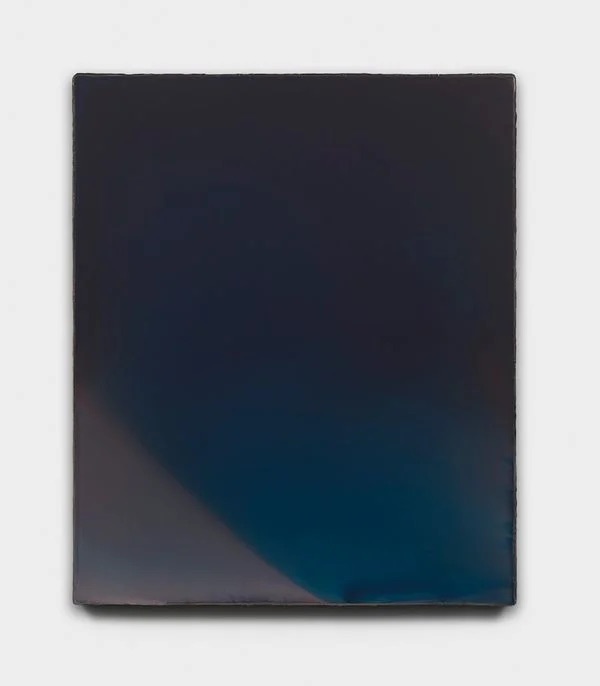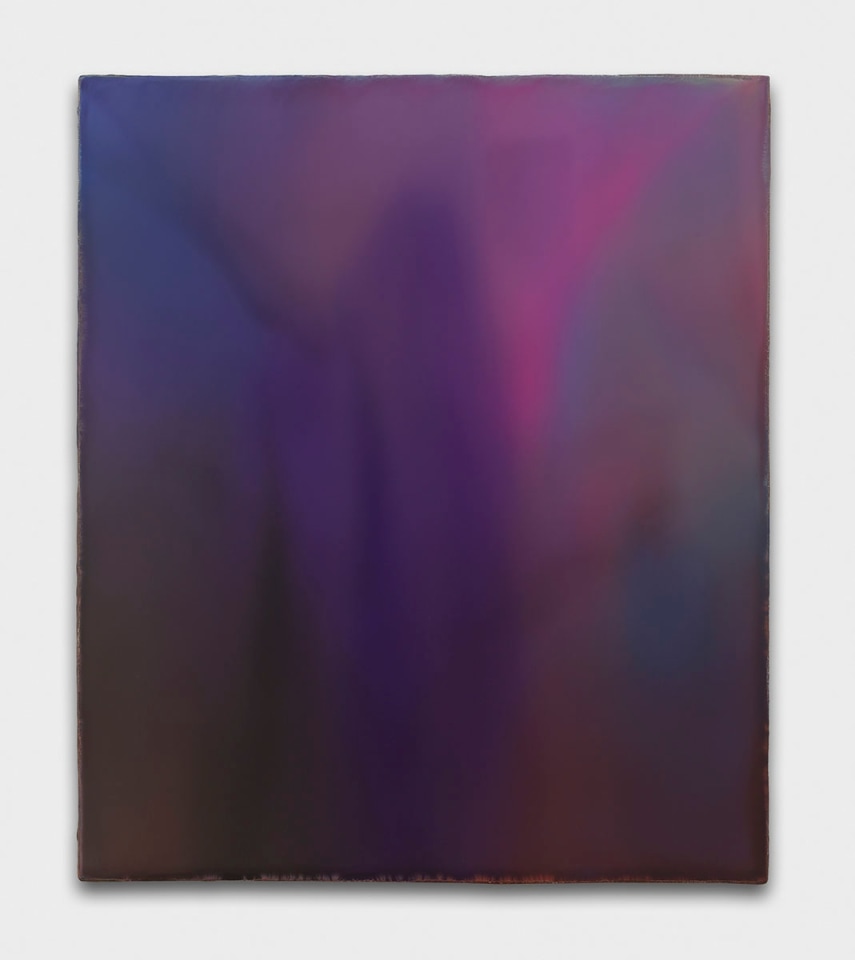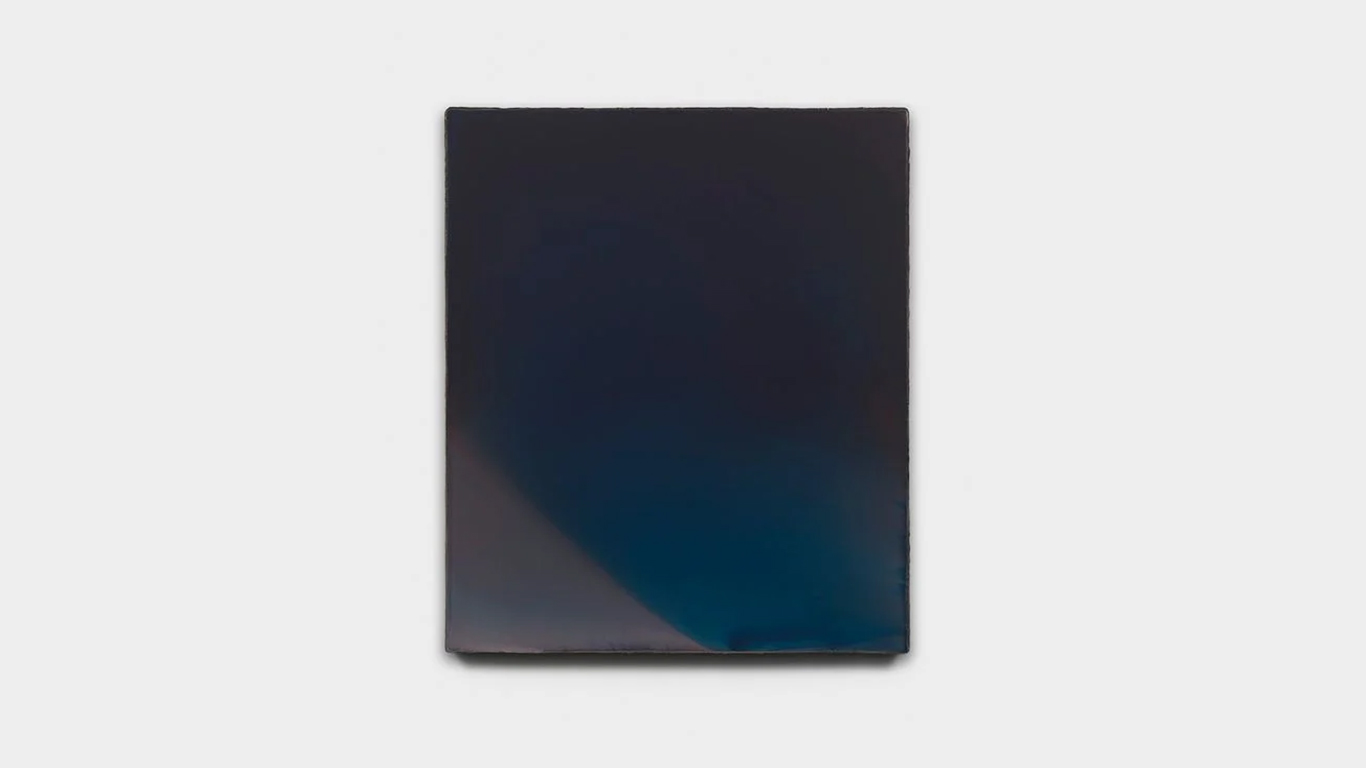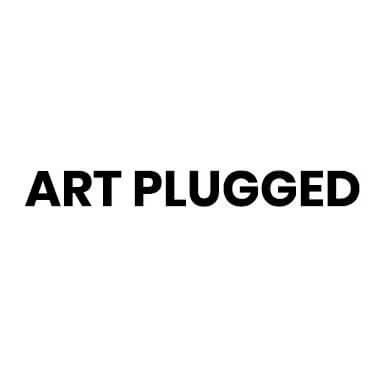Markus Amm: How Much Paint Is in a Painting
10th January – 24th February, 2024
David Kordansky Gallery
NEW YORK
520 W. 20th St.
New York, NY 10011
David Kordansky Gallery is pleased to announce How Much Paint Is in a Painting, a solo exhibition of new paintings by Markus Amm, on view in New York at 520 W. 20th St. from January 10 through February 24, 2024. An opening reception will be held on Tuesday, January 9 from 6 to 8 PM. This is Amm’s first solo exhibition in New York.
Amm has consistently rearticulated the terms of abstract painting, rendering formal languages associated with modernism in luminous, materially rich ways that reflect the fullest range of contemporary concerns. He emerged as a singular member of a generation of European painters who sought to understand non-objective artmaking according to the pressures of life as they knew it in the 1990s and early 2000s. Since that time, he has produced a body of work distinguished by its focus and emotional resonance. This work is produced using techniques that the artist has developed to maximize the intensity of his pigments, as well as the depth and haunting complexity of his compositions.

Oil on gesso board
60 x 50 x 2.5 cm
23 5/8 x 19 11/16 x 1 inches
Image courtesy of Markus Amm and David Kordansky Gallery
The gesso board paintings in this exhibition, which include some of the largest of their type to date, demonstrate the subtlety and power of the project to which Amm has devoted himself for the last twelve years. The preparation of the boards alone requires a long process of gesso application and sanding, resulting in smooth, matte surfaces on and in which color and material exist as one. The boards are then laid on the floor before Amm begins to pour layers of paint onto them. Intervals between pours require extended drying time and careful sanding. This process allows Amm to create paintings that appear to have created themselves.
The resonance of the gesso boards is tied to their ability to evoke psychological landscapes, and their uncanny propensity for giving visual form to otherwise ineffable states of mind and feeling. Each painting is many paintings, an amalgamation of multiple applications of medium and pigment. Careful sanding reveals the painting’s past, incorporating it into its present, but unlike other examples of “archaeological” painting of this kind, Amm is less concerned with showing discrete strata and more interested in the blurring of moments in time. As they approach completion, the works embody the elusive action of memory, which is always rooted in moment-to-moment acts of remembering but carries with it a felt sense of time as an evolving, if not wholly linear, entity.
Because of the relative expanse of their surfaces, the largest paintings on view feature compositions of increased complexity, accentuating a pre-existing tendency for otherwise abstract movements of paint to coalesce into groupings of colors and shapes that recall a wide range of objects, phenomena, and scenes in the observable world. These fleeting images take shape for each viewer in a unique way, and a painting that looks one way upon a first viewing might reveal different associations on another, recalling the automatic, materials-based processes by which Amm allows layers of paint to interact with one another slowly, over time.
If modernist metanarratives traced a movement trajectory from representation to a purely non-objective ethos precipitated on unadorned facts of visual experience, the gesso boards record passages in the other direction: what starts out as abstraction points to representation. The larger-scale works make this passage particularly apparent, as they feature some of Amm’s most varied and dynamic compositions, but variations in scale and format allow Amm to explore subtly different corners of his formal vocabulary. Horizontal works, for instance, make the connection to landscape plain but also bring to mind domestic interiors, especially when areas of saturated color are juxtaposed directly next to each other and create prominent foreground effects. By contrast, even the smallest gesso boards can give way to what seem like far-reaching vistas of sky, weather, or outer space, with surprising depth of field and marks that indicate movement, speed, or bursts of light.

Immer einer mehr, 2024
oil on gesso board
27 1/2 x 23 5/8 x 1 inches
(69.8 x 60 x 2.5 cm)
Image courtesy of Markus Amm and David Kordansky Gallery
In each case, however, the immediate physical reality of the work is also distinctly present: the irregular edges of the accumulated gesso, the discernible granularity of pigment, the streaks of paint on the sides of the board that make the studio feel as near-at-hand as the space in which the painting hangs, all of these point to the necessary negotiations that any observer must make between the raw data picked up by the senses and the pictures that form in the mind as the data are arranged. Because they seem to depict this back-and-forth of seeing and meaning-making, which is a constant feature of daily life for anyone with the capacity to think about art, Amm’s paintings are imbued with a bracing kind of perceptual realism. They demonstrate how otherwise inert things are already and always alive with sight, before, during, and after the moments in which they are seen.
Markus Amm: How Much Paint Is in a Painting opens on the 10th of January until the 24th of February, 2024 at David Kordansky Gallery
©2024 Markus Amm, David Kordansky Gallery




